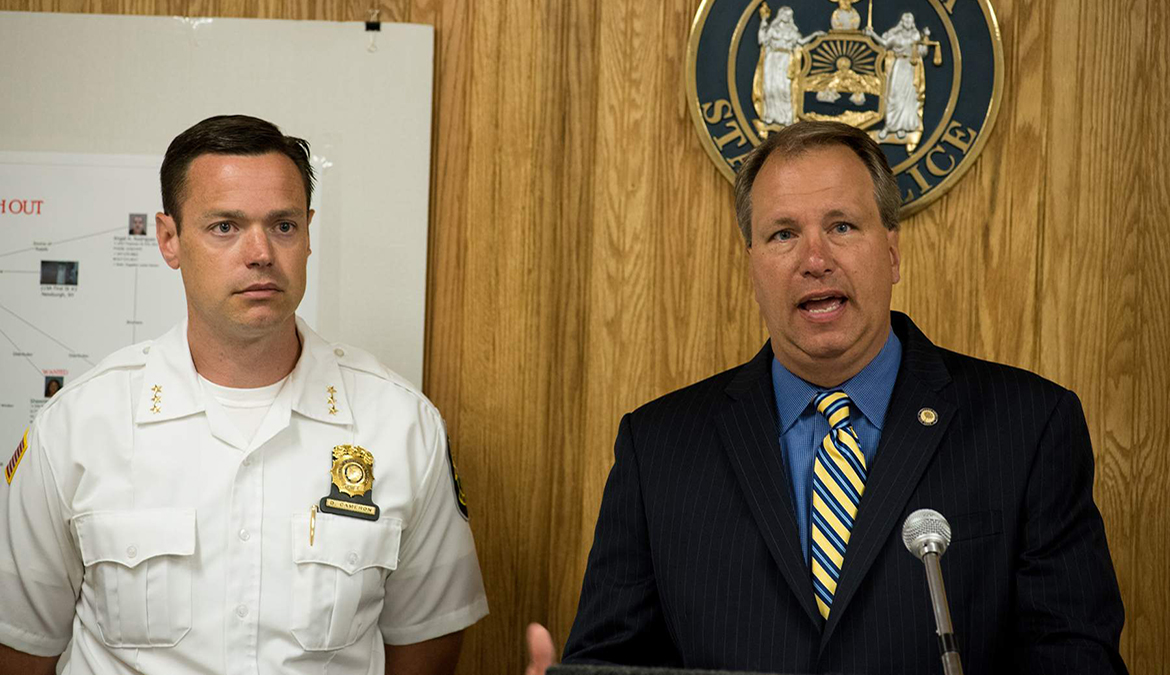Key to the application of community prosecution strategies is identifying community partners who can help the community prosecutor solve problems. These partners can include:
- Community Members
- Law Enforcement
- Building Inspectors or Code Enforcement Officers
- Parole & Probation Officers
- City Attorneys
- Parks Departments
- Private Security Offices
- Landlords
- Housing Authorities
- Private Attorneys
- Other Community-Based Organizations
- Local Hospitals
- St. Luke’s Cornwall Hospital
- Orange Regional Medical Center
- Bon Secours Community Hospital
Community members are the eyes and ears of law enforcement. They inform the community prosecutor of what is important and help establish priorities.
Law enforcement will have established relationships in the community on which the community prosecutor can piggyback. The community prosecutor can help police improve their criminal cases and provide them with better legal tools to do their jobs.
Building inspectors or code enforcement officers can attack problems from angles the community prosecutor and community police officer cannot. They often have access to and authority over buildings that law enforcement does not.
Parole & probation officers often have authority over chronic offenders—including gang members. They can conduct gang member home visits, gaining entry into their private residences, and often have the ability to monitor intelligence on gang members.
City attorneys may have more tools than a district attorney to affect many quality-of-life issues, especially the ability to bring a civil action against problem property owners or amend municipal codes to better address nuisance properties.
The Parks Department has the authority to make and enforce park rules, implement environmental changes, and designate police officers as agents in charge of parks to enforce rules where gang members congregate.
Private security offices are prevalent in some areas, particularly business districts. Establishing communication between them and law enforcement can elevate the effectiveness of each.
Landlords have the responsibility to maintain their properties to achieve a reasonable standard of living for tenants and neighbors. They can evict problem tenants and implement strict tenant screening requirements.
Housing authorities can evict problem tenants, implement environmental changes on their properties, and utilize police officers to enforce trespass laws. They can also exclude gang members from their properties.
Private attorneys may be able to solve a problem when community pressure, mediation, or nuisance abatement cannot. A private attorney may be able to sue property owners for criminal acts perpetrated on their property.


